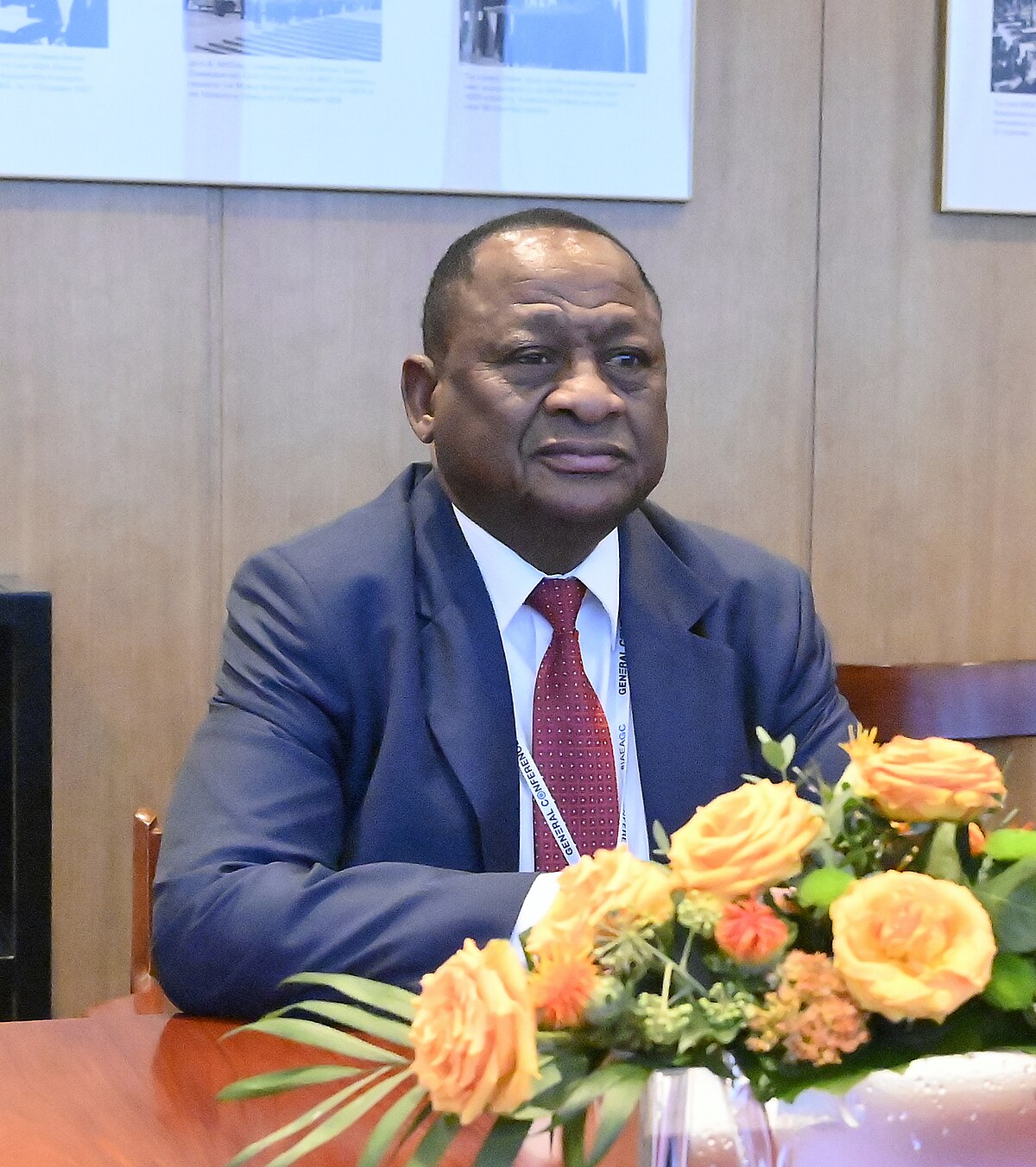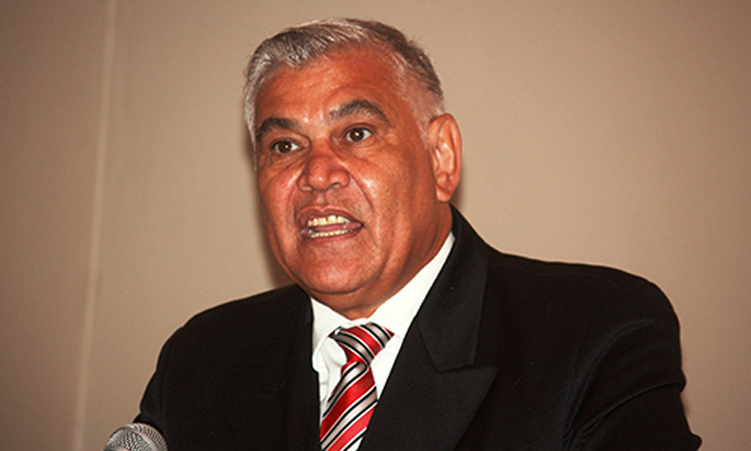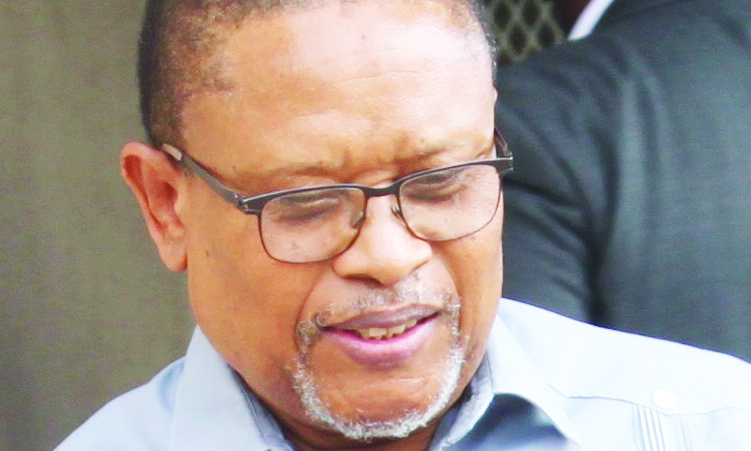BAGHDAD – Iraq’s government has an unusual money problem.
It can’t spend its oil riches fast enough. The US is trying to change that by training Iraqi bureaucrats struggling to emerge from a centralised system in which nearly all decisions – from where to build a water treatment plant to which workers would do the job – came from the top.Money was scarce for more than a decade after the UN Security Council imposed sanctions to punish Saddam Hussein’s regime for the 1990 invasion of Kuwait.”Our efforts are devoted to helping the Iraqis spend their own money,” said Marc Wall, the US embassy’s co-ordinator for economic transition in Iraq.”We’ve zeroed in on it in the last year or two.”The issue came to the fore this summer when the US General Accounting Office (GAO) predicted Iraq could finish the year with as much as a US$79 billion cumulative surplus because of oil revenues and unspent funds from previous budgets.The August report drew outrage in the US Congress, where legislators asked why the Iraqis have not spent more of their own money on reconstruction efforts while US taxpayers fork out US$12 billion a month for Iraq – most for military operations.US and Iraqi officials dispute the GAO figures, arguing they are inflated and do not reflect Iraqi accounting procedures.They also say Iraqi spending on reconstruction is expected to increase by 50 per cent from 2007 to 2008.But most agree that major obstacles still include inexperienced bureaucrats, too few Iraqi contractors and a cumbersome approval procedure aimed at curbing corruption.The US Agency for International Development’s Tatweer project is designed to train Iraqi civil servants in basic decision-making skills to help them allocate funds and effectively deliver government services such as electricity, water and security.The US$339 million programme began in July 2006 and is scheduled to finish in January 2011.Instructors include Iraqis, Jordanians, Lebanese and Egyptians, native Arabic speakers who were mostly educated in the US or other countries.Each earns about US$1 500 and $1 700 a month.”We have instability and insecurity.You have to consider the black market,” said Shetha Nasser, a 46-year-old engineer at the Water Resources Ministry.Nasser’s concerns reflect the myriad problems facing Iraqis as they try to overcome decades of isolation from war, sanctions and centralisation.”It was easier before the war.It was more stable,” she said.Sattar Hussein, a 42-year-old instructor for Tatweer, which means development in Arabic, said the key is training Iraqis in how to choose the best projects.”They have the money, but they don’t understand how to invest the money to help the people,” the Fallujah native said.”The idea is to prepare these people for the future because they will be the decision makers.”The finance ministry has been preparing to present a US$79 billion budget for 2009, with US$19.2 billion of that for reconstruction.That would be a record sum after this year’s US$70 billion budget, including US$10.1 billion for reconstruction.Those figures could be whittled down because of falling oil prices, which have plunged from a summertime high of US$150 a barrel to less than US$70 this week.Next year’s spending plan was based on oil prices remaining above US$80.Nampa-APThe US is trying to change that by training Iraqi bureaucrats struggling to emerge from a centralised system in which nearly all decisions – from where to build a water treatment plant to which workers would do the job – came from the top.Money was scarce for more than a decade after the UN Security Council imposed sanctions to punish Saddam Hussein’s regime for the 1990 invasion of Kuwait.”Our efforts are devoted to helping the Iraqis spend their own money,” said Marc Wall, the US embassy’s co-ordinator for economic transition in Iraq.”We’ve zeroed in on it in the last year or two.”The issue came to the fore this summer when the US General Accounting Office (GAO) predicted Iraq could finish the year with as much as a US$79 billion cumulative surplus because of oil revenues and unspent funds from previous budgets.The August report drew outrage in the US Congress, where legislators asked why the Iraqis have not spent more of their own money on reconstruction efforts while US taxpayers fork out US$12 billion a month for Iraq – most for military operations.US and Iraqi officials dispute the GAO figures, arguing they are inflated and do not reflect Iraqi accounting procedures.They also say Iraqi spending on reconstruction is expected to increase by 50 per cent from 2007 to 2008.But most agree that major obstacles still include inexperienced bureaucrats, too few Iraqi contractors and a cumbersome approval procedure aimed at curbing corruption.The US Agency for International Development’s Tatweer project is designed to train Iraqi civil servants in basic decision-making skills to help them allocate funds and effectively deliver government services such as electricity, water and security.The US$339 million programme began in July 2006 and is scheduled to finish in January 2011.Instructors include Iraqis, Jordanians, Lebanese and Egyptians, native Arabic speakers who were mostly educated in the US or other countries.Each earns about US$1 500 and $1 700 a month.”We have instability and insecurity.You have to consider the black market,” said Shetha Nasser, a 46-year-old engineer at the Water Resources Ministry.Nasser’s concerns reflect the myriad problems facing Iraqis as they try to overcome decades of isolation from war, sanctions and centralisation.”It was easier before the war.It was more stable,” she said.Sattar Hussein, a 42-year-old instructor for Tatweer, which means development in Arabic, said the key is training Iraqis in how to choose the best projects.”They have the money, but they don’t understand how to invest the money to help the people,” the Fallujah native said.”The idea is to prepare these people for the future because they will be the decision makers.”The finance ministry has been preparing to present a US$79 billion budget for 2009, with US$19.2 billion of that for reconstruction.That would be a record sum after this year’s US$70 billion budget, including US$10.1 billion for reconstruction.Those figures could be whittled down because of falling oil prices, which have plunged from a summertime high of US$150 a barrel to less than US$70 this week.Next year’s spending plan was based on oil prices remaining above US$80.Nampa-AP
Stay informed with The Namibian – your source for credible journalism. Get in-depth reporting and opinions for
only N$85 a month. Invest in journalism, invest in democracy –
Subscribe Now!






